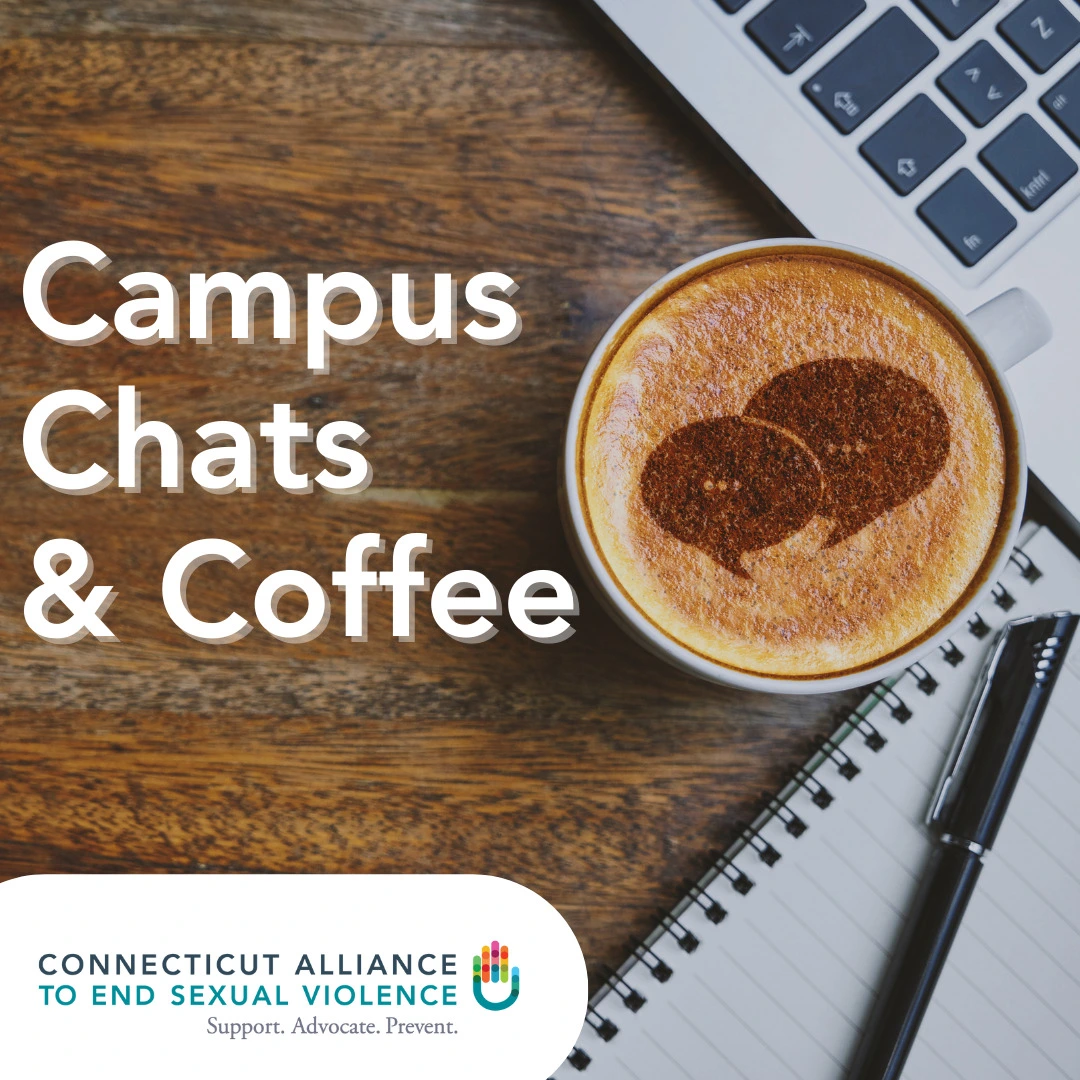The Alliance stands in solidarity with student survivors, around the nation and on our state’s campuses. We are dedicated to providing prevention and awareness efforts, as well as trauma-informed response and services, to address sexual violence on college and university campuses. We recognize the importance of centering our work on college campuses based on the voices of student survivors, as these individuals know best what efforts and services are needed most in their own lives and in their communities.
Campus Sexual Violence
Unfortunately, sexual violence is a common occurrence on college and university campuses. One in five women and one in 16 men will experience an attempted or completed sexual assault while in college. Many of these student survivors experience unique challenges and barriers. Additionally, the majority of students who experience sexual violence choose not to report it to law enforcement.
With these barriers and the prevalence of underreporting in mind, it is critical that colleges and universities provide students with multiple, accessible options for trauma-informed services.
Campus Chats & Coffee
The Alliance’s Campus Chats & Coffee series was created to keep campus communities and advocates informed of their rights. Title IX cases and other campus processes are ever-changing and can be complex, and survivors at colleges and universities face significant challenges and barriers to recourse and support. These 20-minute episodes serve as a guide to navigating these processes.
For immediate support, please contact your member center.
Services Available to Campus Survivors
There are many options for survivors of campus sexual violence. Whenever possible, student survivors should have the ability to make the decisions that are best for them.
On-campus students have the ability to:
- Seek confidential services (these services vary from campus to campus, but include a campus advocate through one of The Alliance’s member centers).
- Access campus-based counseling services, health services, and other support.
- Seek changes in their housing, academic schedules, work arrangements, and other accommodations as needed.
- Request ‘no contact’ orders.
- Make a report to campus officials, initiating the school’s disciplinary proceedings.
Off-campus students have the ability to:
- Seek 24/7 free & confidential services from our statewide hotline.
- Connect with one of The Alliance’s regional member centers for advocacy services.
- Ask to be connected to the college advocate in their region through their regional member center.
Medical Assistance and Evidence Collection
- Survivors of sexual violence may choose to have a sexual assault exam and evidence collected at any hospital in Connecticut at no cost.
- Evidence can be collected up to 120 hours (5 days) after a sexual assault occurs.
- A police report is not required to participate in a forensic exam, evidence collection, or to seek medical assistance.
Students (and all survivors) have a right to have a certified victim advocate present with them during the medical assistance & evidence collection process. - Evidence collection is not required in order to pursue on-campus remedies and/or disciplinary proceedings.
Criminal Justice Assistance
- Student survivors can report to local law enforcement to initiate a criminal investigation.
- Students can work with courts to secure protective or restraining orders.
- Campus-based police departments or security services may have the ability to connect students to local law enforcement.
- Students have a right to have a certified victim advocate present with them during the criminal justice process.
- A police report is not required in order to pursue on-campus remedies and/or disciplinary proceedings.
Campus Services Coordinator
If you have any questions about sexual assault prevention and response on campuses in Connecticut or are interested in training opportunities and/or other technical assistance related to this matter, contact us at our office at 860-282-9881.
National Resources
The following resources provide more information about federal policy, effective student organizing, toolkits, and prevention and intervention methods for campus sexual violence.
| End Rape on Campus EROC works to end campus sexual violence through direct support for survivors and their communities; prevention through education; and policy reform at the campus, local, state, and federal levels. |
| Know Your IX Know Your IX is a survivor- and youth-led project of Advocates for Youth that aims to empower students to end sexual and dating violence in their schools. They envision a world in which all students can pursue their civil right to an education free from violence and harassment. |
| The Clery Center The Clery Center is a national nonprofit dedicated to helping college and university officials meet the standards of the Jeanne Clery Act. By equipping professionals with the training and resources they need to understand compliance requirements, they strive to make campus safety a universal reality. |
| The Handbook for Campus Safety and Security Reporting This handbook defines the campus safety regulations and reporting mandates that the vast majority of Title IX institutions must abide by. Unless the institution is “distance only” or a “foreign institution” (as both terms are defined in this handbook), they are required to comply with the Clery Act as explained in this resource. |
| It’s On Us The mission of It’s On Us is to combat college sexual assault by engaging young men and changing campus culture. They achieve their mission by teaching prevention education, training the next generation of student organizers, and disseminating large-scale creative campaigns. Their prevention education work is focused on three key areas: bystander intervention, consent education, and survivor support. It’s On Us assembled a collection of educational resources to support student organizing. |
| National Center for Campus Public Safety NCCPS has an online database of campus safety resources, including papers, government-funded studies, videos, webinars, and more. |
| Office for Victims of Crime SART Toolkit The SART (Sexual Assault Response Teams) Toolkit is a resource both for communities considering a SART response and communities that already have a coordinated response but want to make it better. |
| CDC’s Strategies for Prevention Learn more about the CDC’s approach to campus sexual violence prevention efforts. |

